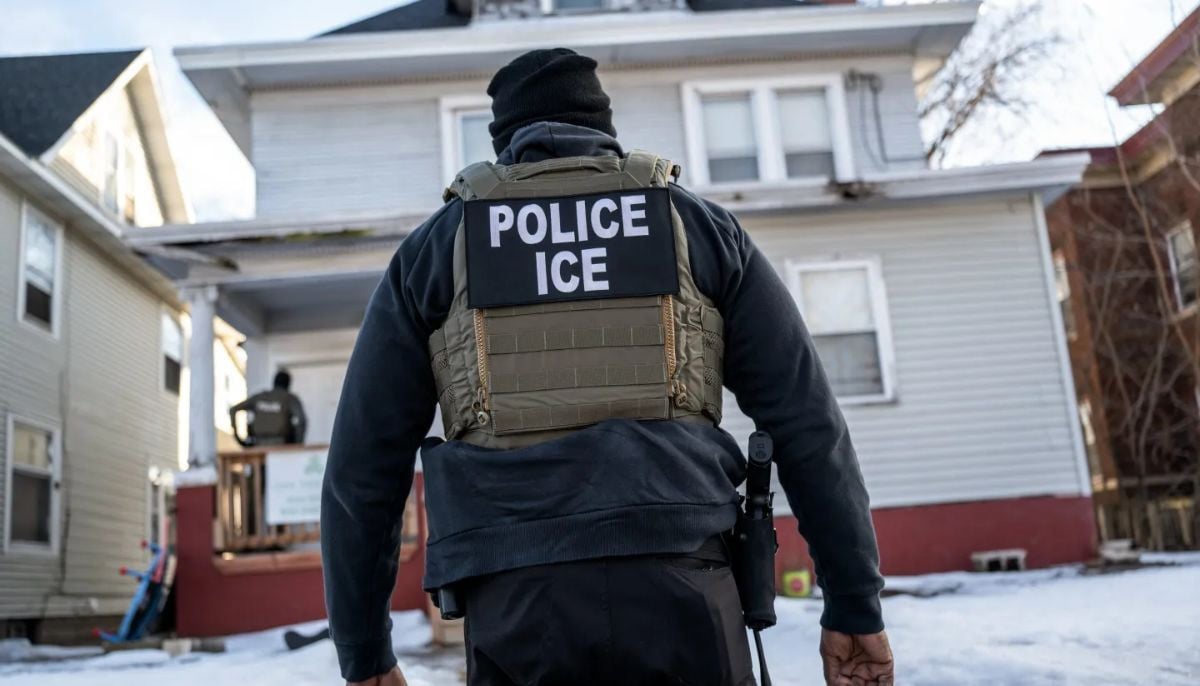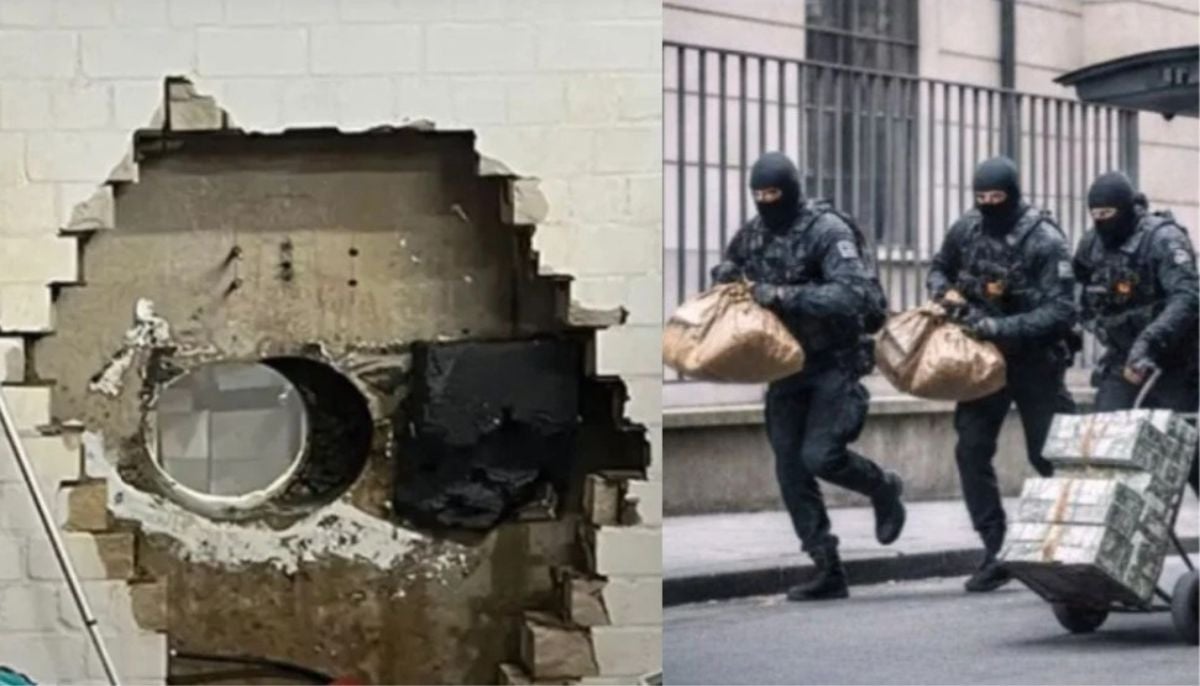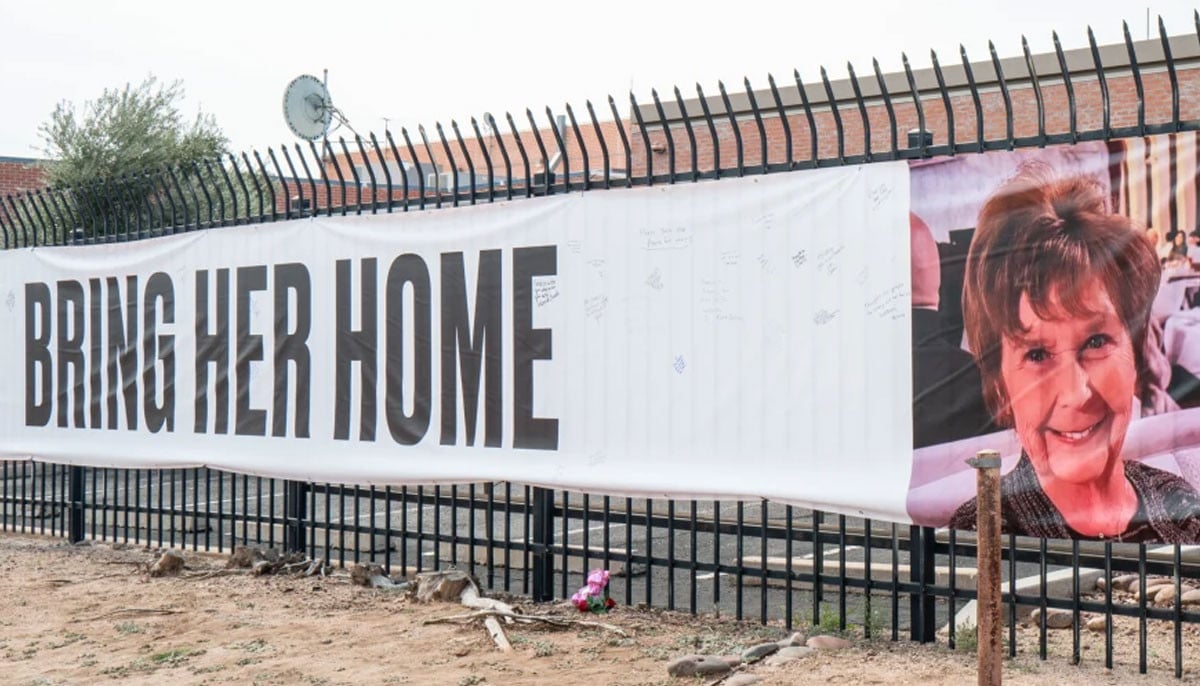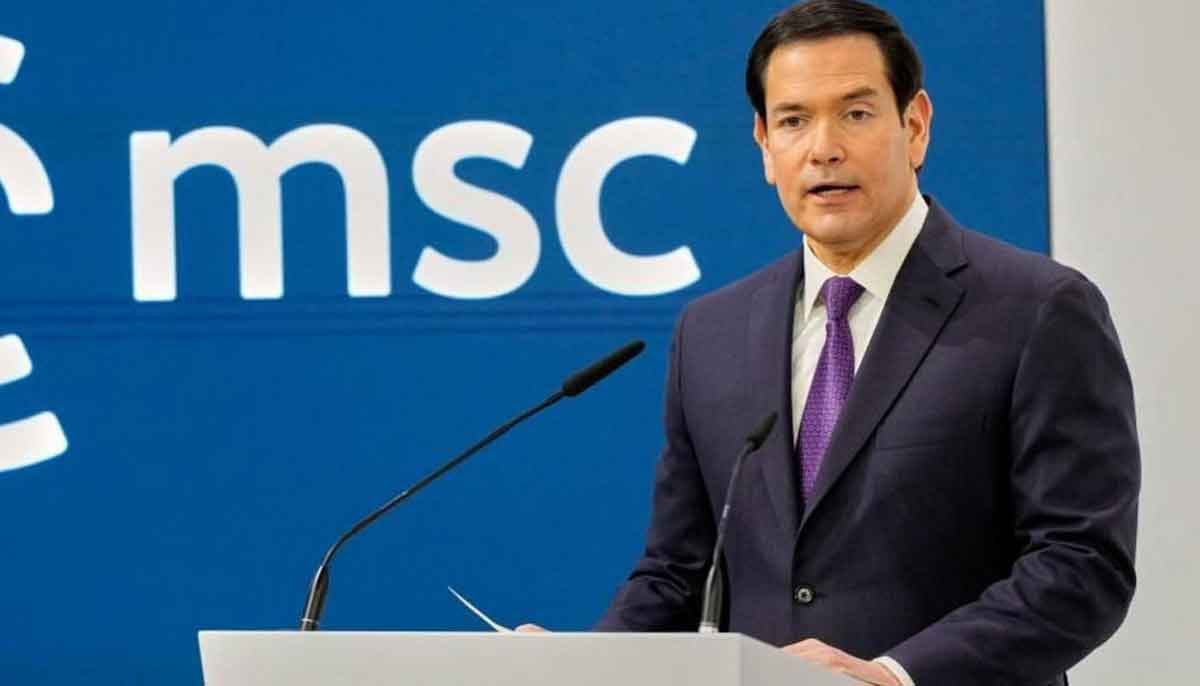NEW YORK: The Committee to Protect Journalists (CPJ), an independent watchdog body, has asked India to immediately revoke a one-month ban on access to social media services in Occupied Kashmir where Indian security forces are attempting to crush a mass uprising against New Delhi's rule.
The order, announced Wednesday, directed all Internet service providers to block users' access to 22 platforms, including Facebook, Twitter, Snapchat, WhatsApp, and YouTube, according to news reports.
"The sweeping censorship of social media under the pretext of 'maintaining peace and order' will bring neither peace nor order," Steven Butler, Asia Programme coordinator at CPJ.
"Such broad censorship clearly violates the democratic ideals and human rights India purports to uphold.”
The occupied state has been the site of renewed protests since Indian government forces killed a liberation leader in July.
Eight people were killed when protesters fought with police during a by-election earlier this month.
The order comes after a spate of videos purportedly showing Indian soldiers committing human rights abuses spread widely on social media.
In one such video, a Kashmiri man is seen strapped to the front of an army jeep as a human shield.
The censorship of social media was instituted because India "has completely lost control" in Kashmir, Hilal Mir, editor of the independent newspaper the Kashmir Reader, told CPJ in a note.
He credited the videos' wide circulation on social media for pushing the government to open inquiries into soldiers' conduct.
Mir told CPJ that the order to block access to social media would make it more difficult for journalists in the region to do their jobs, as they regularly use social media and platforms like WhatsApp to communicate and to report.
He said that mobile phone data service had also been shut down, and worried that the censorship of social media might presage aggressive censorship of the traditional news media.
-
key details from Germany's multimillion-euro heist revealed
-
Search for Savannah Guthrie’s abducted mom enters unthinkable phase
-
Barack Obama addresses UFO mystery: Aliens are ‘real’ but debunks Area 51 conspiracy theories
-
Rosie O’Donnell secretly returned to US to test safety
-
'Harry Potter' star Rupert Grint shares where he stands politically
-
Drama outside Nancy Guthrie's home unfolds described as 'circus'
-
Marco Rubio sends message of unity to Europe
-
Hilarie Burton reveals Valentine's Day plans with Jeffrey Dean Morgan











